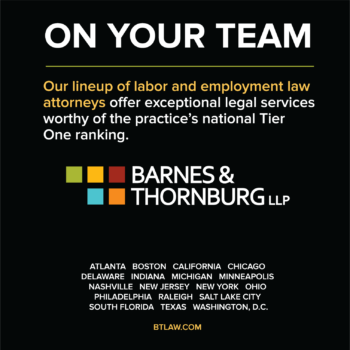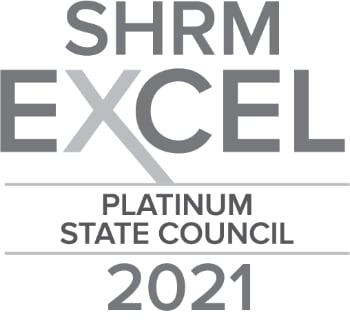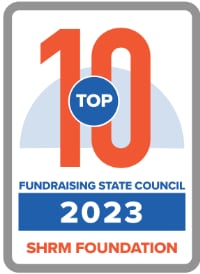As HR professionals, we’re passionate about helping people cultivate fulfilling careers while helping companies succeed. Second chance hiring is a great opportunity for both organizational and individual growth. When companies consider all qualified candidates, even those with a criminal record, they grow stronger and more diverse because of it.
Second chance hiring is the act of employing formerly incarcerated individuals, people in recovery, or other applicants whose life choices and situations have disadvantaged them in obtaining stable employment.
Make no mistake: second chance hiring is not a hand-out or preferential treatment for those convicted of a crime. It’s simply a fair shot and equal treatment for all qualified applicants.
A Chance to Grow
Second chance hiring is a chance to tap into an overlooked talent pool and offer disadvantaged individuals a fair shot at employment. With the U.S. employment rate at a near record low, you may be missing out on talented people who’ve been excluded just because they’ve checked “that box” on an application.
It’s a fact: diverse companies have higher profits. Beyond finding untapped talent, you can cultivate a diverse workforce through second chance hiring. Expanding your organization with people of different socioeconomic backgrounds, ethnicities and life experiences can serve to broaden your perspective and create a strong culture of inclusion — all while helping your bottom line, too.
A Step Forward
It was once the status quo to automatically dismiss the application of any applicant that checked a box indicating they’d been convicted of a crime. But when reviewing applications, even those with checked boxes, it’s important to consider the context of an applicant’s previous convictions or struggles. Many non-violent drug offenders have spent time in prison for now-decriminalized offenses.
Many second-chance applicants may have committed a crime many years or even decades ago, and are in need of a chance to move on from a mistake far in the past. Engage in meaningful conversation about how the applicant has changed, learned and rehabilitated themselves since the conviction.
Of course, the nature of the crime should be considered in the context of the role they’re applying for. This is especially sensitive if an applicant will be working with children, at-risk individuals or in situations where their previous mistakes would truly preclude them from being a safe and productive employee for your business.
By offering qualified individuals fair consideration, you’re playing a part in reducing crime in your own community. Access to employment has shown to be a key factor in preventing recidivism. A job gives former convicts the tools and resources they need to rejoin society as a productive individual instead of re-entering the system.
No matter your industry, as an HR professional, you’re in the business of people. We help people build great careers every day, and that privilege shouldn’t exclude those that are required to check a certain box because of past mistakes. As your hiring practices become more inclusive, you’ll see both the success and diversity of your organization grow.
For more information on why you should consider all qualified candidates, regardless of criminal record, check out SHRM’s Getting Talent Back to Work initiative.






